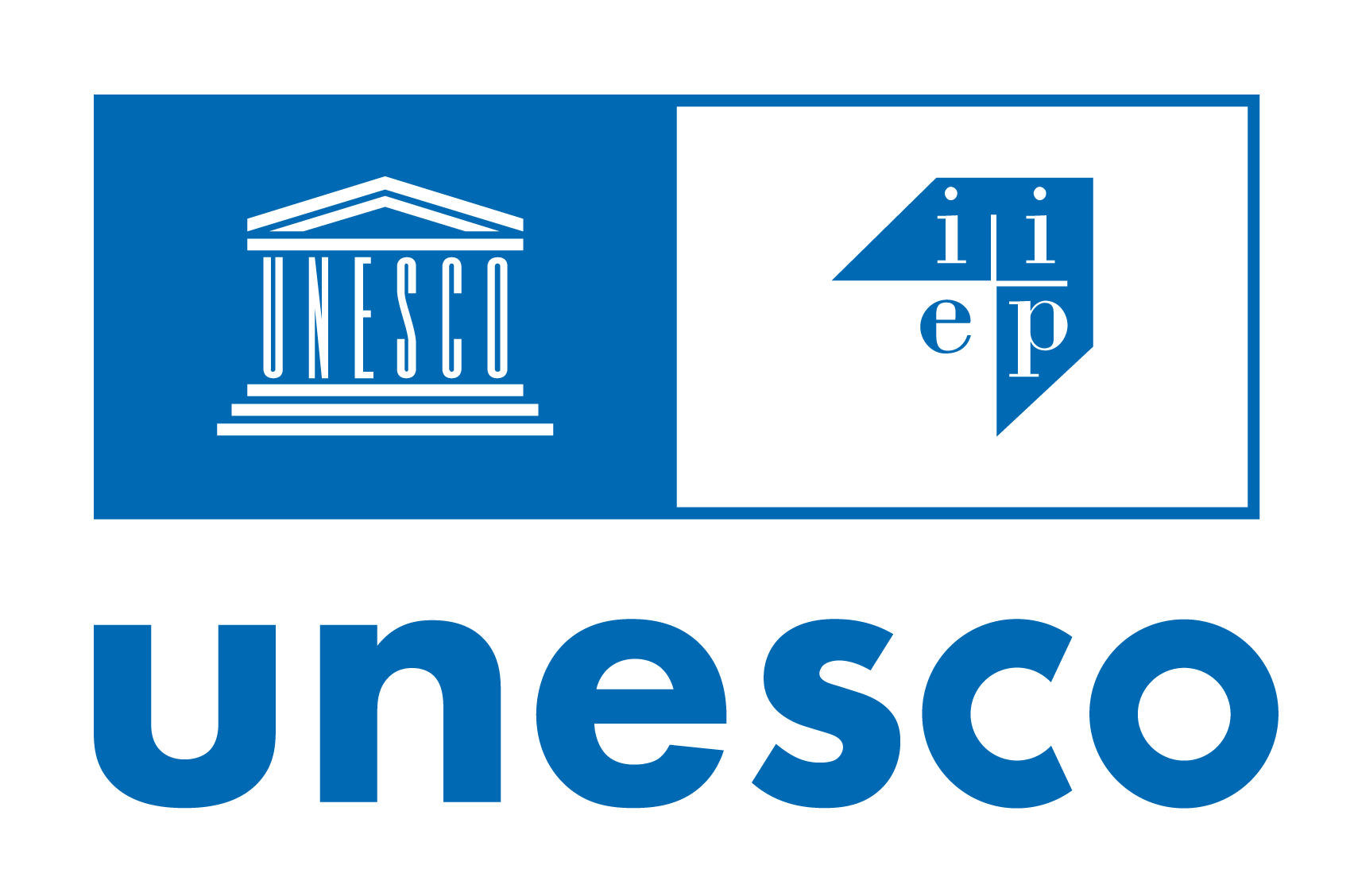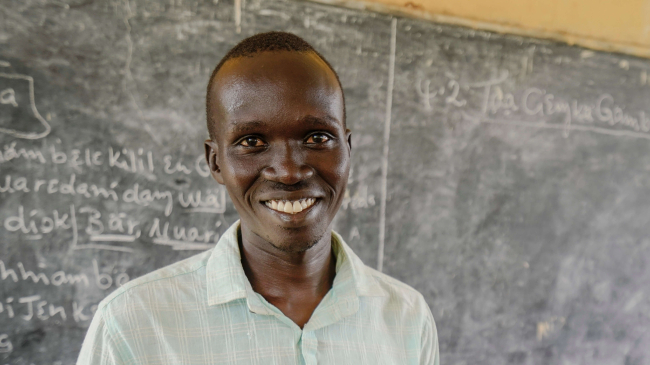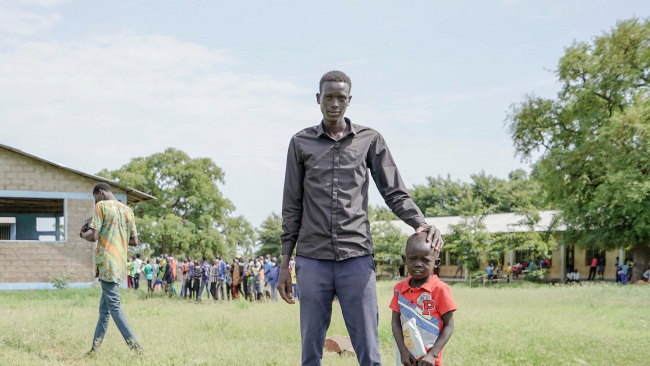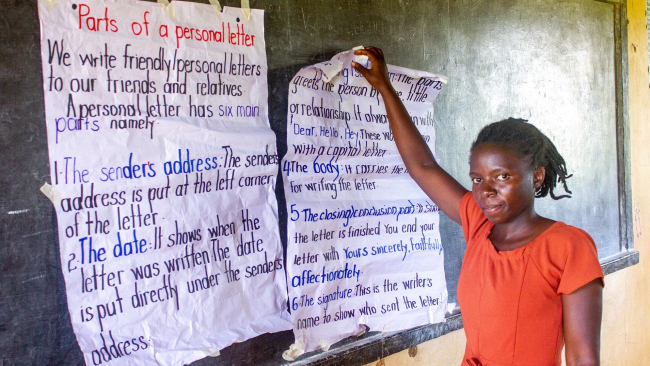In this article, organisers of the annual conference of the Comparative and International Education Society (CIES), held during March and April 2020, share their story of moving the planned on-site conference to a virtual space, as necessitated by the COVID-19 pandemic. Their analysis of the vCIES (the name given to the virtual conference) process not only provides an example of a disruption to the status quo of the institution of conferencing as a result of a global pandemic, but also extends it by addressing the multiplying concerns, urgent considerations and actions needed within academic communities for more equal and accessible conferencing in the unfolding climate catastrophe. The authors begin by discussing the challenge of academic conferencing in the age of COVID-19 and climate crisis. They highlight how their decolonial political stance (which critiques accepting Western knowledge and Western culture as the norm) and their climate-conscious approach informed their preparation of a virtual conference pilot already intended as an experimental extension to this year’s on-site event. They suggest the development of this pilot provided the necessary platform for transforming the vCIES into an effective and engaging virtual experience for participants. The vCIES process, including considerations concerning its structure and format and the necessary technology, is detailed in the subsequent sections. In the final part of their article, the authors briefly identify and discuss some of the opportunities, challenges and implications emerging from their vCIES experiences. Ultimately, they suggest that in a time of instability, insecurity and uncertainty, there need to be alternatives to large on-site conferences which require excessive and extensive academic mobility. The vCIES was a step in that direction as an accessible, environmentally responsive, more equal, and intergenerational and multispecies event that welcomed families, children and pets, while opening the space for new interdisciplinary encounters.
Year
2020
Pages
797–816
Periodical
International Review of Education, 66
Resource Types
Languages





